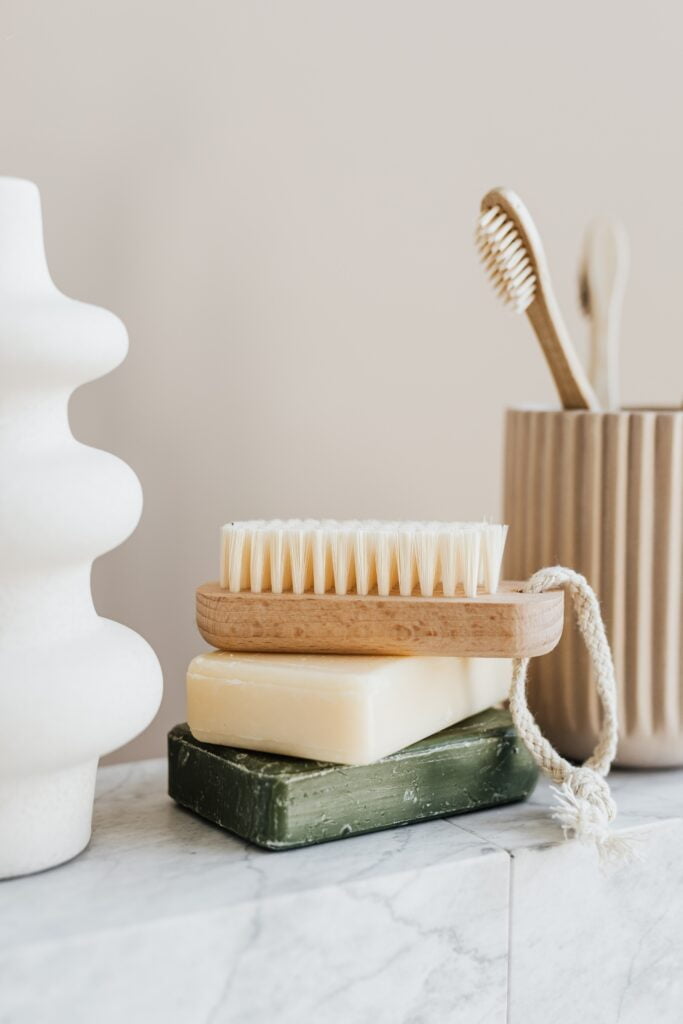Soaps are common products of daily consumption. They keep you clean and fresh, and they are an integral part of our lives. Lots of people make their own soaps these days, either for fun and their own personal consumption, or, as part of a business.
Whatever your motivation, here we will discuss the soap-making supplies you would need to create customised and better-quality soaps.
Soap Making Supplies
Aside from the necessary oils, fats, and alkalis, the raw materials for extracting a perfect soap bar out of the soap mould depend on the quality of ingredients, type of the soap, and the approach you’ve used. These soap making supplies can be broadly classified into two categories:- Variable supplies and fixed supplies. Below, you will be getting a list of the items included in the respective supplies, along with their uses
VARIABLE SUPPLIES:
Variable supplies include the factors of production that can change with the quantity of the product manufactured. These include:
A) Ingredients- Every recipe comes with ingredients. In the soap making process, the following elements would be required:

a) Lye: Lye is an alkali-based chemical that is a prime necessity in soap production. While producing a soap bar, sodium hydroxide is required, and while making liquid soap, Potassium hydroxide is needed. On its own Lye irritates the eyes and respiratory system. When it is used for soap production, it is harmless. Still, it must be used with a suitable lye to oils ratio. In case of unavailability of lye, you can choose a ready-made “melt and pour soap base,” which can be obtained online easily.
b) Oils: Oils and lye must be mixed to manufacture soap. As a producer, you can opt for plant-based oils or animal-based fats. For better results and organic soap production, you must use skin-safe and fragrant oils not synthesised chemically. Opting for this will serve dual purposes of yours. Firstly, your soap will be chemical-free, and secondly, you will get an added fragrance. The oils that you can choose from are-
• Coconut oil
• Olive oil
• Almond oil
• Jojoba oil
• Hemp oil
Do not use petroleum-based oils for production.
c)Distilled Water: Water is a prerequisite in soap manufacturing. It is needed to combine the lye with itself. For safe mixing, lye should be added to water and not the reverse.
d)Colours: To make your soap vibrant and beautiful, you can add colours to your soap during the soap-making process. Colours can be customised according to your preferences. Moreover, these colours can be made available to you by online vendors, or you can look for them in your local market.
e)Scents and dried herbs: Again, to modify your regular soap to a glamorous-looking bar, you can make use of scents and dried herbs. Though the scents do no good to the skin, they are added to provide fragrance to the consumer, and they do so well. Not only this, to set apart your soap from that of others, you can put dried herbs into the soap mould in the final process.
f) Moisturiser: Moisturisers are entirely optional in the soap-making process. They are added to enhance the usability of the soap. For instance, a soap containing moisturiser will be suitable for use, preventing the skin from dehydration and thus being a prime choice of the consumer.
FIXED SUPPLIES:
Fixed supplies include the requirements that incur a cost once in a while. They function long-term and can be re-used. Such soap making supplies are:-
A) Soap mould: A soap mould is a structure needed to give your soap a definite shape. Soap mould can either be a single one, holding onto one soap bar, or a soap mould can be multi-layered or sectioned, wherein several soaps can be formed at one go. Also, soap moulds are available in different sizes and structures; hence you can choose accordingly.
B) A cooker or a microwave: To melt the oil for soap production, a cooker or a microwave is needed. As a producer, you can create various soaps by mixing and melting different oils using a cooker or a microwave.
C) Blender: In the soap manufacturing process, a blender is required to combine lye with the oils. If they are not adequately mixed, a perfect soap will not be formed. Hence, it is a basic necessity in the process.
D) Mixing kettle: A mixing kettle is as essential as a blender. It is required to mix lye into the water. With a mixing kettle, the lye is converted into soap, reducing its harmful effects.
E) Silicone spatula: In the final step, when soap is to be settled in its mould, a silicone spatula is needed.
Additional Supplies
In addition to these basic supplies, it is recommended that you have safety equipment such as a sleeved shirt, latex gloves, apron, eyeglasses, etc.



